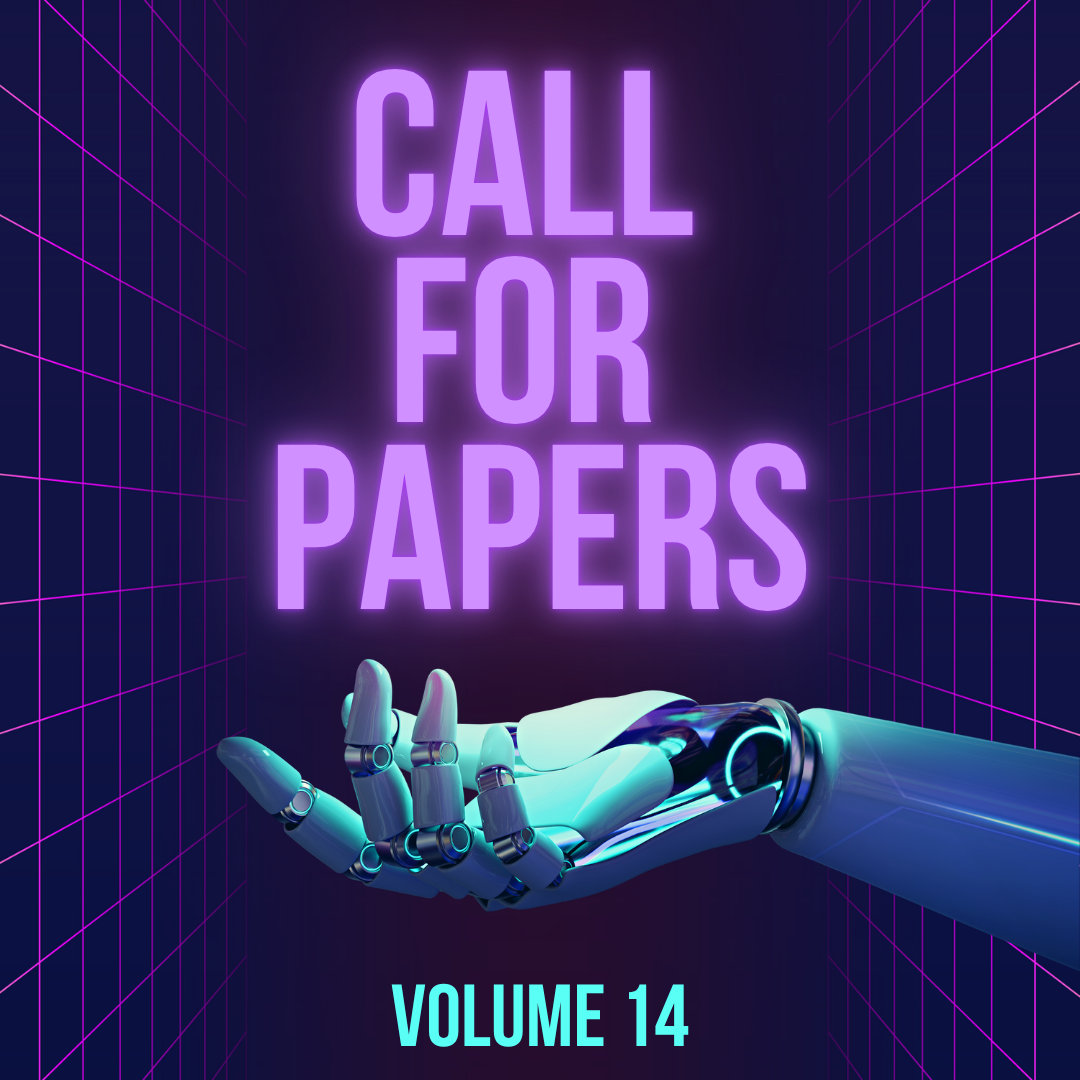A Vector Potential Function-Based Collision Avoidance Control for Differential-Steered Robots
Abstract
A collision avoidance control that tracks a vector potential field-based velocity plan of a differential-steered robot is designed. Vector potential function (VPF) is a type of potential function used for motion planning. The plan resulted by the VPF is the desired velocity vector of the robot on all points in collision-free space. The problem to address in this paper is velocity tracking control in the environment of a circular obstacle. A controller is designed to track the VPF-based velocity plan. A concept of collision cone will be used to evaluate the ability of the controller to avoid collision between the robot and the obstacle. The stability of the controller is verified by using the Lyapunov stability analysis. Simulations of the controller’s performance are presented.


